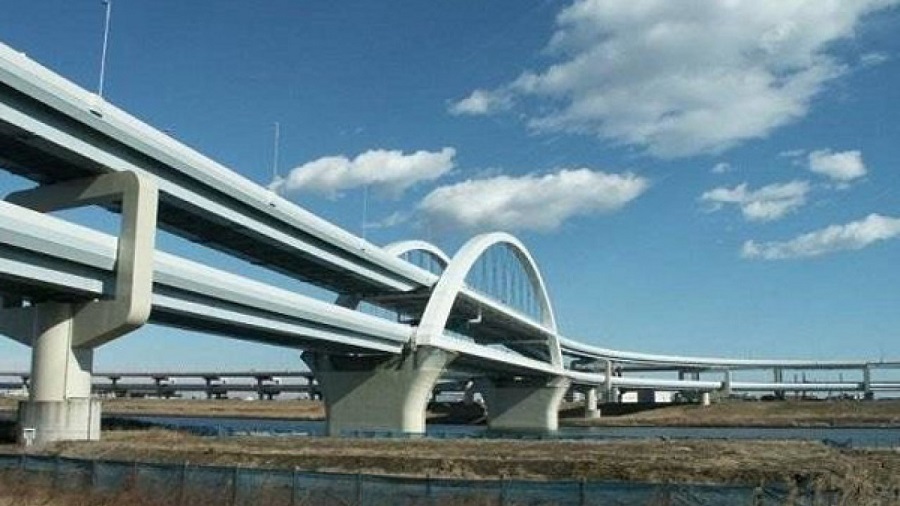The Lagos State government has hinted that about 800 houses will be demolished to pave way for the construction of the fourth Mainland bridge.
The development has, however, sent shivers down the spines of many, especially property owners, who are calling for caution in carrying out the demolition.
The state government said it was proposing the sum of $2.2 billion for the construction of the 37.4-kilometre 4th Mainland bridge, which would be the longest bridge in Africa, second only to the 6th October Bridge in Cairo, Egypt.
Governor Babajide Sanwo-Olu, who spoke at the first stakeholders meeting on Environmental and Social Impact Assessment (ESIA), hinted that 800 houses would go when construction begins against the 4,000 houses marked for demolition in the previous design, before it was realigned. The freeway bridge is subdivided into three sections namely, Island Section, Lagoon Section and Mainland Section.
It starts at Abraham Adesanya Roundabout in Lekki, where a “free flow” interchange would be constructed as well as some traffic flow alterations to the existing Lekki–Epe expressway so as to maintain traffic movements during construction.
Represented by his Deputy, Dr. Obafemi Hamzat, the governor said, “This strategic piece of highway infrastructure has left no one in doubt about our commitment to ensure that this project becomes a reality.”
He stated that the history of the 4th Mainland Bridge project goes back almost 15 years ago when it was first raised due to the ever-decreasing efficiency of the existing 3rd Mainland Bridge in addressing the transportation needs of a growing population.
The 3rd Mainland Bridge, he said, was the first real piece of strategic infrastructure deployed in Lagos metropolis and the proponents and developers of that project should be commended for their vision.
According to him, Lagos without the 3rd Mainland bridge “is simply unimaginable.”
But as the government moves to begin construction, a former chairman of the Nigeria Society of Engineers (NSE), Ikeja branch, Engr. Akintayo Akintola, urged the government to consider the plight of the property owners.
According to him, instead of compensating those whose properties would go, “if it is possible they have an estate somewhere, they can relocate them.”
He said more often than not, what government pays for demolishing houses is just peanuts.
“They can give them alternative buildings so as to save them the stress of looking for land and constructing new buildings, especially when you look at the rising cost of building materials,” he said.

 Join Daily Trust WhatsApp Community For Quick Access To News and Happenings Around You.
Join Daily Trust WhatsApp Community For Quick Access To News and Happenings Around You.


